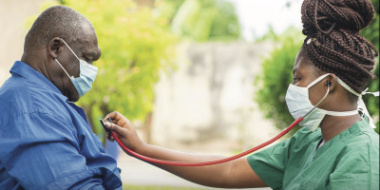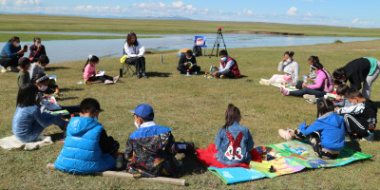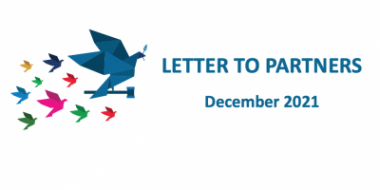Rule of Law in the time of COVID-19: Mongolia
Like all other parts of public life, the administration of justice and access to legal remedies and dispute resolution have been severely disrupted by the COVID-19 pandemic. The notes series ‘Rule of Law in the time of COVID-19’ provides a perspective from the field of how the justice system has been affected by the pandemic and how national justice actors are responding and adapting to the situation.












